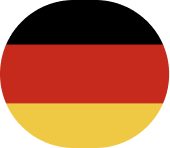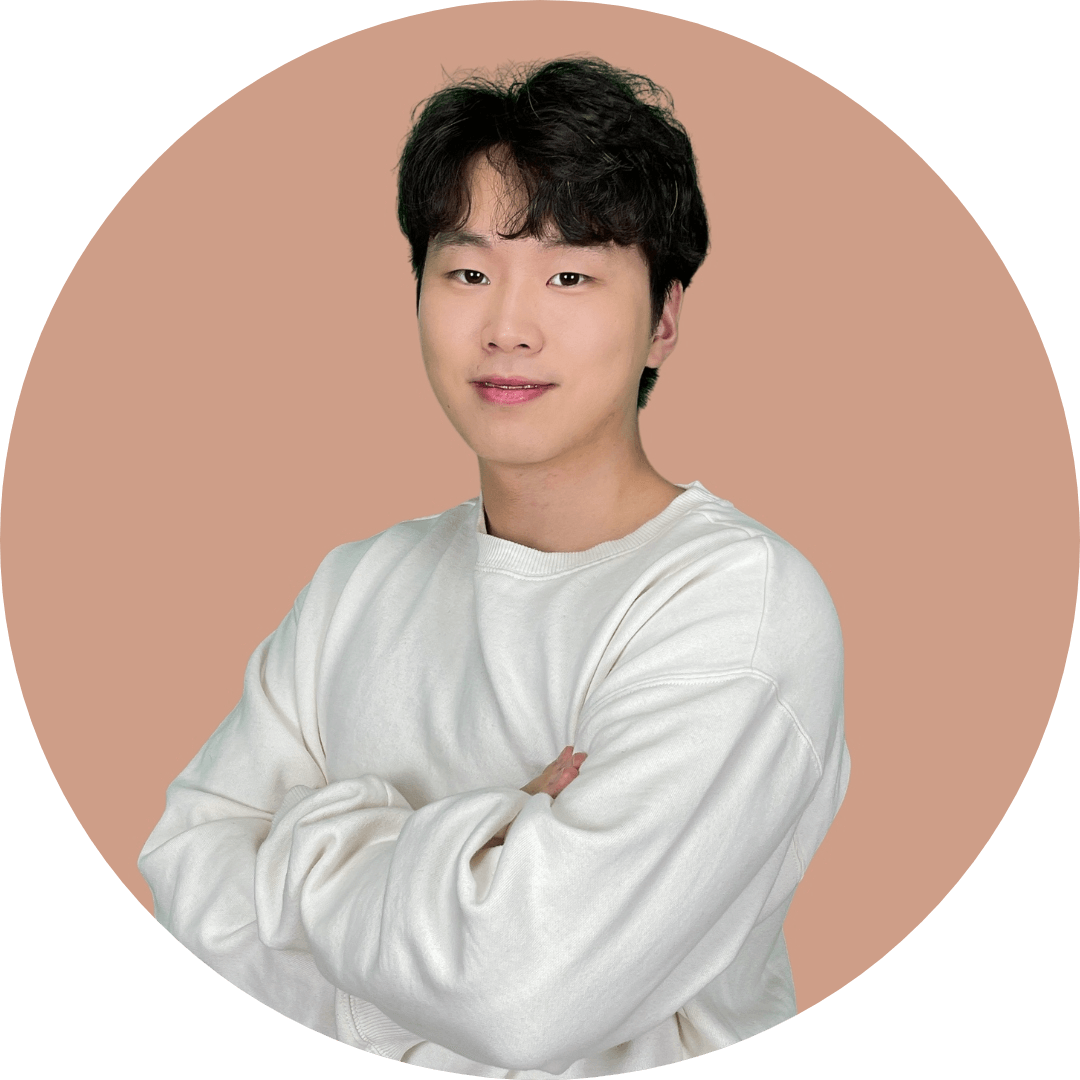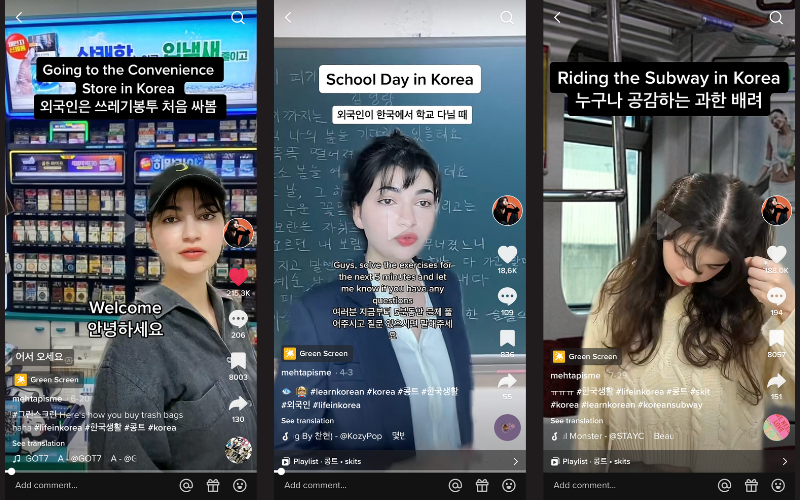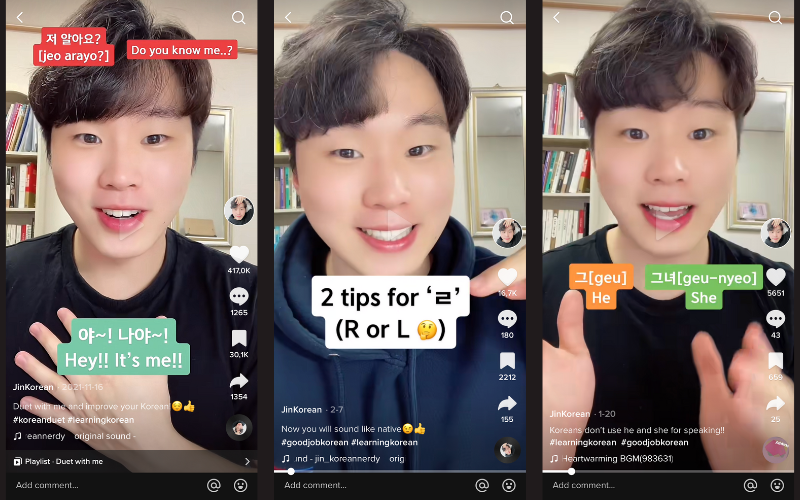TikTok smo že označili kot super platformo za pomoč pri nadgrajevanju jezikovnega znanja s kratkimi, poučnimi, zabavnimi in zanimivimi videoposnetki. Ustvarjalcev takšnih vsebin je res ogromno za različne jezike. Večkrat sem se že spraševala, zakaj nekateri ustvarjalci izberejo (prav) TikTok za podajanje znanja ter kako sploh pridejo do tako imenitnih idej in scenarijev. Zato sem kontaktirala nekaj svojih najljubših jezikovnih mojstrov TikToka in jih o tem tudi povprašala.
S konkretnimi vprašanji sem se obrnila na Mehtap in Jina, ki ju aktivno spremljam v želji po ohranjanju stika s korejščino. Oba namreč na TikToku ponujata zelo raznolike in poučne videe za vse, ki se učijo tega azijskega jezika.
Mehtap je Turkinja, ki se je rodila in večino svojega otroštva preživela v Švici. Spomladi leta 2017 je v Južni Koreji preživela dopust, potem pa se je odločila za študijsko izmenjavo in tako še isto jesen za dva semestra ponovno odpotovala na Korejski polotok. Po izmenjavi se je vrnila v Švico, kjer je zaključila študij in se takoj zaposlila v podjetju, ki je načrtovalo širitev v Južno Korejo. Poslali so jo v podružnico podjetja in tako je od septembra 2021 ta država njen dom.
Jin pa je Korejec, ki dobro govori tudi angleško in svojo prednost naravnega govorca uporablja za predajanje znanja korejščine. Začel je z objavami na Instagramu in TikToku, ko pa je število njegovih sledilcev preseglo 1 milijon in je začel prejemati veliko prošenj za inštrukcije ter zasebne ure korejščine, se je odločil, da oblikuje svoj tečaj korejščine, in tako je nastala spletna stran Good Job Korean (GJK). Jin in kolegi so tudi prvi, ki ponujajo tečaj korejščine v obliki zmenka na slepo.
1. What were the main reasons behind your decision to become a TikToker with educational content?
|
I live and work in Korea and I wanted to share bits about the Korean culture and my life in Korea through TikTok. I basically started posting just for fun! I do not consider myself a teacher, and did not even realise that my content could be categorised as educational, but now that you say it … I add English and Korean subtitles to most of my videos and it seems like my followers who are trying to learn Korean appreciate that a lot. Many of them also told me that they learned a lot about Korean culture through my videos and feel better prepared to visit Korea. During my livestreams, I also get a lot of Korea-related questions and I’m glad to help out like that.
|
|
I used to struggle with learning English in my early 20s. In order to improve my English, I had to talk to English speakers as much as possible. And thanks to K-pop, I was able to take the advantage of being Korean for practicing my English. The people who were interested in Korea, Korean culture, and the Korean language were very patient with me. Even if I made many mistakes while speaking English and frustrated them, they were willing to become my friends. I really appreciated that, so I tried my best to teach them what they wanted to learn in return.
They were interested in Korea and Korean culture. So sometimes, I sang K-pop songs for them and sometimes I taught them the Korean language. All this experience helped me learn English very quickly, especially thanks to the people who wanted to learn Korean. So, I thought it would be wonderful if I could help others this time. That is how I began posting Korean learning videos on TikTok. |
2. Your videos are really fun to watch and very versatile, from common conversations in Korean to your experience in Korea explained in English and in Korean. How did you develop this concept?
|
I am very honoured to hear that! I think that there are two important things to bear in mind when making a learning video on TikTok. The first one is to emphasise the main point at the beginning of the video. It has to be something that grabs the viewer’s attention.
Secondly, lessons in the video should benefit a broad group of people, from complete beginners to those with an intermediate level of Korean. So, it shouldn’t be too easy or too difficult. Since there are a lot of distractions on social media, people won’t tolerate difficult lessons on TikTok. So, concepts should be simplified in such a way that even complete beginners can understand. And it is even better if it’s also entertaining. The reason I don’t recommend making videos that are too simple is that people get sick of those easily. And they will doubt your teaching skills. I think the best thing is to keep it balanced. |
3. Can you tell us about the most challenging and the most satisfying part of creating educational TikToks?
|
I think the most challenging part is sharing information about Korea while not being Korean myself. This can cause some controversy. But I always try to stay respectful and neutral and keep it lighthearted. Apart from creating content, I also work full-time, so sometimes I don’t have much time for myself and feel very tired.
The most satisfying part would be my followers’ stories. Many of them told me that they started learning Korean because of me, that I motivate them to keep going, that they want to visit Korea because of my videos, and more. When I hear things like this, I feel proud of myself and think that despite the challenging parts of doing what I do, it’s definitely worth it! |
|
I think that every creator struggles with making videos regularly and, consequently, I think that this is the most challenging part. We have to constantly look for inspiration to create new videos. I mostly get it during my personal tutoring time. When teaching my students, I can spot their common pain points that other learners of Korean might also struggle with.
And the most satisfying part is being loved by my followers. Tons of followers often send me DMs expressing their appreciation, and this is very rewarding. |
4. Do you think that people can improve their knowledge only by visiting TikTok on a daily basis? Assuming, of course, that their FYP is mostly flooded with language learning content.
|
I do think it’s possible to improve just by visiting TikTok because there is a lot of amazing language learning content here. However, if you want to improve significantly, I would recommend using other methods as well. The thing about learning on TikTok is that it is not very structured. You basically get some information here, some information there, but I think that—especially in the beginning—it is much more effective to learn in a structured way.
|
|
I don’t think TikTok alone can make someone improve their language skills tremendously. However, if your TikTok feed becomes full of the Korean language, that environment is quite helpful in itself. You can engage in learning Korean while scrolling TikTok.
I also used to be subscribed to English-related YouTube channels when I studied English. Even if I cannot say that I improved my English only by watching YouTube videos, it definitely made me learn something even in my spare time. You don’t have to try too hard to understand everything, but just listen and watch so that you can get used to a certain language little by little. And I think TikTok can play the same role for the younger generations. We just enjoy TikTok videos without stress, but still, somehow, we will pick up bite-sized and informative knowledge naturally. Learning a new language is a long journey. In order to become fluent, it should be sustainable. I think my TikTok videos can be a good supporter and assistant on the journey towards fluency in Korean. |
5. Are there any other platforms that you would recommend to learners of Korean if they wanted to learn Korean on their own? Or maybe some advice to progress faster?
|
My advice would be to find classes. Especially if you have only just started learning. There are a lot of online classes, too, if offline isn’t available to you.
If self-study is the only option because of personal circumstances, I would recommend Billy Go Korean on Youtube and the website https://www.howtostudykorean.com. Back when I was actively learning Korean, I used to check this website for looking up grammar points. |
|
I think this is the perfect time to introduce my Korean language course (goodjobkorean.com). 😉
As I reached a million followers on TikTok and Instagram, we started receiving tons of tutoring requests. I decided to create an affordable course so that they can learn from us. Our course consists of two parts. The first one is a well-organised curriculum that you can follow step by step without any prior knowledge. And the second one is teaching practical everyday expressions. Also, all our Korean courses are made in the format of an actual blind date show (except for the Korean alphabet course for beginners). In Korea, such blind date videos are popular YouTube content. In these videos, two Koreans, who are actually on a blind date, talk and help you learn Korean expressions that are commonly used in conversations! This is the world’s first Korean course made with blind date videos. We are confident about the quality of our course because we’ve seen many people improve their Korean with the help of it. |
What do you think will be the main trends in language learning in the future?
|
I could imagine that language learning content on TikTok will improve even more, for example, teachers coming to TikTok and uploading structured language learning content. (For example, separating learning videos into playlists by units or levels, allowing the followers to go through all grammar points in an order that makes sense.)
|
|
As I said earlier, TikTok and YouTube are just tools assisting language learning, so let me explain language learning trends beyond social media.
I’ve read research saying that online courses alone don’t motivate students enough, so almost 90% of them fail to complete the courses. That is why, recently, many “challenge communities” have emerged as a new trend. People can be connected and support each other while taking the same course. I predict that the language learning industry will follow the same track. Learning a new language is more time-consuming than anything else you can learn. So, I am sure a community system for language learning will also emerge sooner or later. Additionally, our Good Job Korean team agrees that we should not only provide courses but also a motivational environment. We are currently working on building a Korean-learning community where each group of people is given an opportunity to interact with one another as well as a goal to achieve. |
7. Which languages do you want to learn or perhaps are already learning? Do you use TikTok for such purposes as well?














